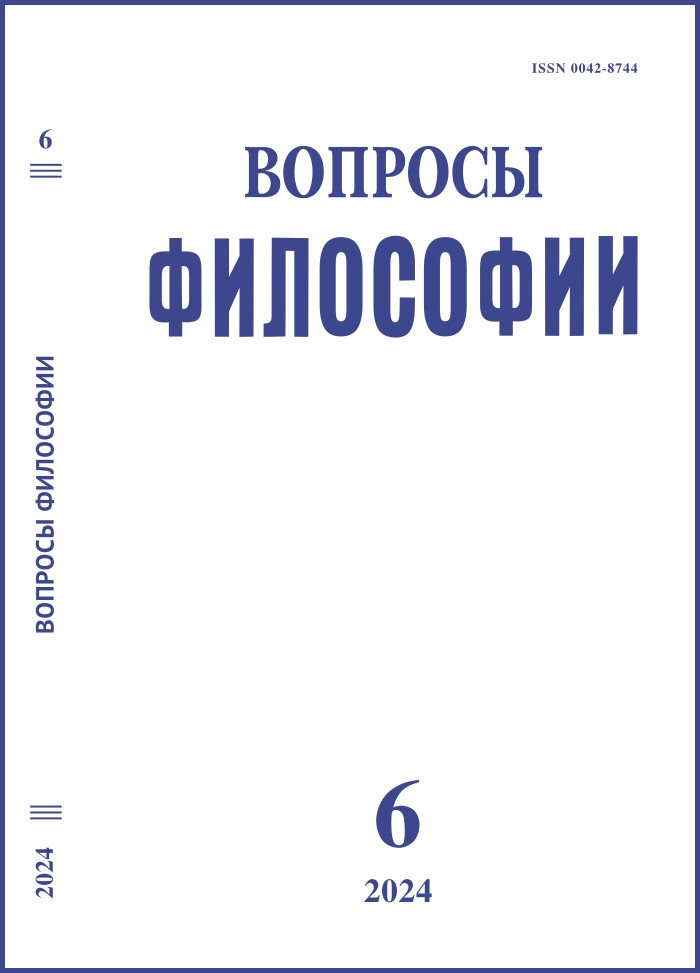What the Human Mind Is for: the Evolution of the Unconscious (Theses on the General Theory of Evolution)
DOI:
https://doi.org/10.21146/0042-8744-2024-6-15-22Keywords:
mind, curiosity, space, time, Universe, man, Super-strong anthropic principle, General theory of evolution.Abstract
Revolutionary experiments in space, carried out in the XXI century, proved the physical non-existence of space and time. Infinitely extended space is also uniformly filled with boundless matter in the form of discrete clusters of mass-energy. Time, on the other hand, turns out to be a fixation of the sequence and duration of cause-and-effect relationships in any process occurring in and between material objects. Therefore, nature is dualistic: it exists in the form of two conditionally independent principles – non-existence (non-existent space-time continuum) and being (the existing material-ideal Cosmos). At the same time, the physical existence of matter is unthinkable without the physical non-existence of space-time. The Cosmos is also dualistic, dividing into two interdependent objects: a) the transitory material (mass-energy) and the imperishable ideal (laws, principles and algorithms of the existence of matter); b) the countless
discrete mass-energy dynamic Small Universes (galaxies and their clusters).
Together they make up one stationary Large Universe, unlimited in mass and energy. At the same time, the material and the ideal together form four interconnected steps of the pyramid of the Cosmos: a) the world of elementary particles; b) the world of galaxies, stars and planets; c) the sphere of organics; d) the sphere of culture. Accordingly, a human-like mind turns out to be a categorically imperative element of the Cosmos. This conclusion follows from the fact of the limited duration of the active phase of the existence of Small Universes. The latter circumstance is associated with an irreversible deterioration in the quality of the energy of stars and the extinction of their life cycle. However, currently physics does not know any natural process capable of regenerating the mass-
energy of aging stars and reviving their activity. Consequently, for the artificial resumption of the vital activity of Small Universes, in fact, to maintain the eternal existence of the Large Universe, a human-like mind is needed (a super-strong anthropic principle). Thus, there is a need to rethink the phenomenon of evolution as a global process that encompasses the specifics of the interconnected existence of all four “horizons” of Nature.

